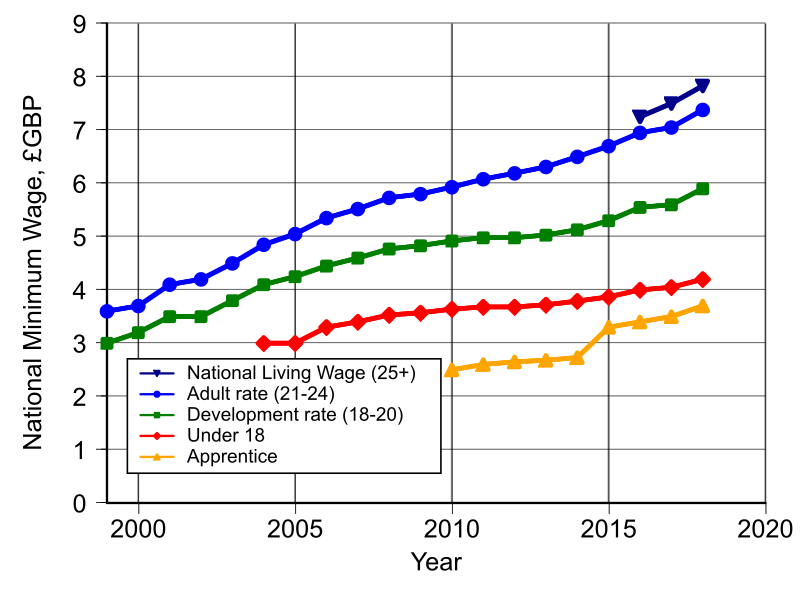B.C. Renter Faces Legal Battle Over Damage Deposit Dispute

In a notable legal case that unfolded in British Columbia, a renter has initiated a legal dispute over the return of her damage deposit after being instructed to vacate her rental unit. The case, which reached the British Columbia Civil Resolution Tribunal (BCCRT), raises significant questions regarding tenant rights and landlord responsibilities in shared living environments.
The incident began when the renter, whose identity has not been disclosed, was reportedly caught engaging in sexual activity in a shared space of the rental property. Following this incident, the landlord, identified as Mr. John Smith, issued a notice requiring her to vacate the premises. This action prompted the renter to seek the return of her damage deposit amounting to $1,500, which she alleged was wrongfully withheld by the landlord.
According to the B.C. Residential Tenancy Act, landlords are required to return damage deposits within 15 days of the termination of the tenancy unless there are legitimate claims for damages. The legal framework aims to protect tenants from unfair practices while providing landlords with the means to claim for actual damages incurred during a tenancy. In this case, the landlord contended that the renter's actions constituted a breach of the rental agreement, justifying the retention of the deposit.
Dr. Emily Thompson, a legal expert specializing in tenancy law at the University of British Columbia, asserts that this case highlights the complexities involved in shared living arrangements. "While landlords have a right to enforce their rental agreements, they must also adhere to the legal guidelines that govern tenant deposits. This situation illustrates the need for clear communication and understanding between both parties," she remarked.
The tribunal's decision, which is expected to be delivered in the coming weeks, will likely set a precedent for similar disputes in the future. Legal experts are keenly observing the case, as it raises broader implications for tenant rights in British Columbia. In a recent study published in the Journal of Housing Law, Dr. Mark Johnson, a researcher at Simon Fraser University, noted that such disputes often arise in shared living situations where boundaries are not clearly defined. He emphasized the need for comprehensive tenancy education for both landlords and renters to mitigate such conflicts.
In addition to legal ramifications, the case underscores the social dynamics at play in shared housing. Many renters, particularly students and young professionals, find themselves in situations where personal boundaries may be tested. According to a survey conducted by the British Columbia Rental Housing Coalition in 2022, over 60% of renters reported discomfort in shared living situations, citing lack of privacy and unclear rules as primary concerns.
Furthermore, this incident highlights the ongoing debate regarding the rights of renters versus the authority of landlords. Advocates for tenant rights argue that laws must evolve to better protect individuals in shared living environments, particularly in light of changing social norms. On the other hand, landlords emphasize the need for stringent enforcement of rental agreements to maintain order and property standards.
As the BCCRT prepares to deliver its ruling, both parties await the outcome that could have lasting effects on the rental landscape in British Columbia. This case not only reflects the ongoing challenges faced by renters but also emphasizes the necessity for an equitable framework that addresses the needs and rights of all involved in rental agreements.
In conclusion, the resolution of this case may lead to significant implications for rental agreements in shared spaces, potentially influencing future legislation and the administration of tenant rights in British Columbia. As societal norms continue to evolve, it is imperative that legal frameworks adapt accordingly to ensure fair practices for both landlords and tenants alike.
Advertisement
Tags
Advertisement





